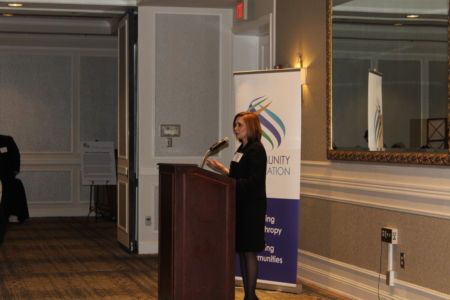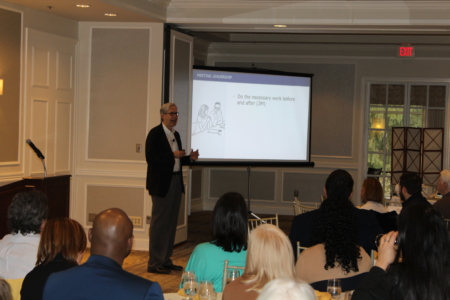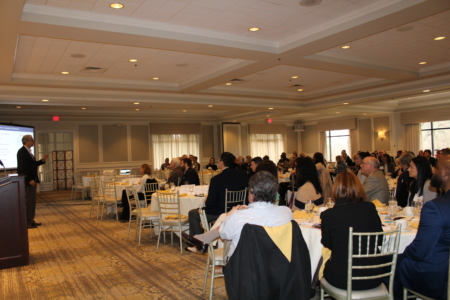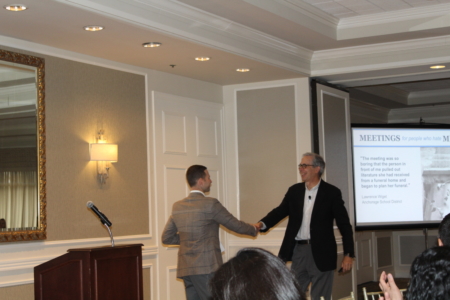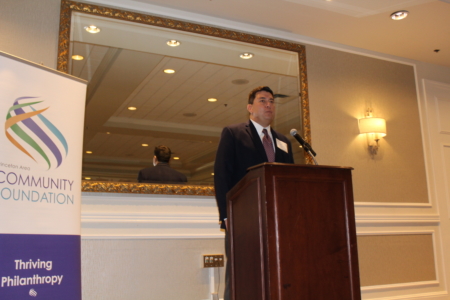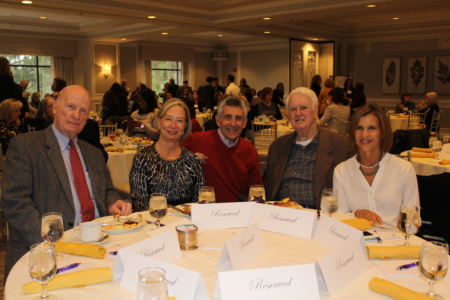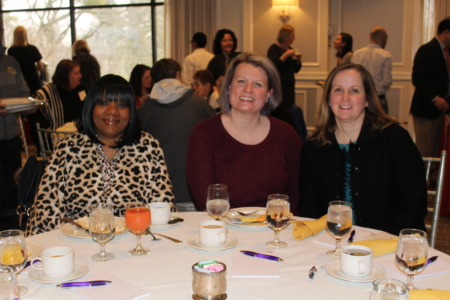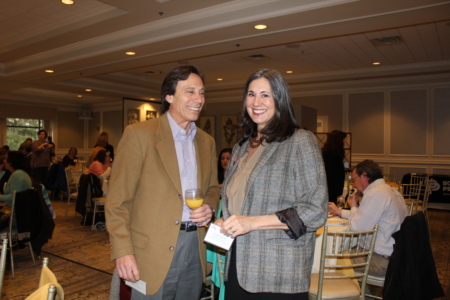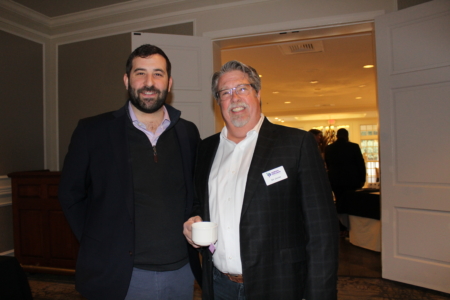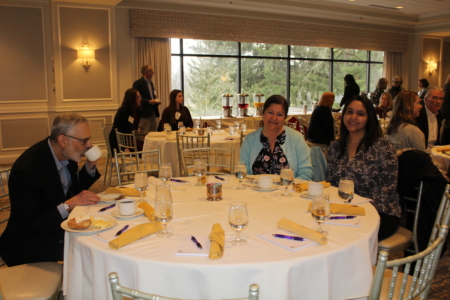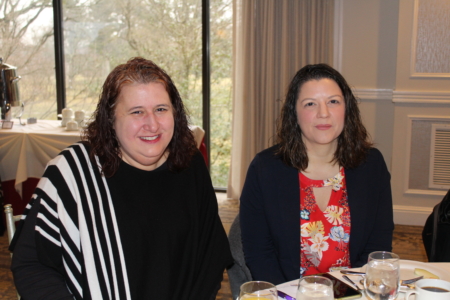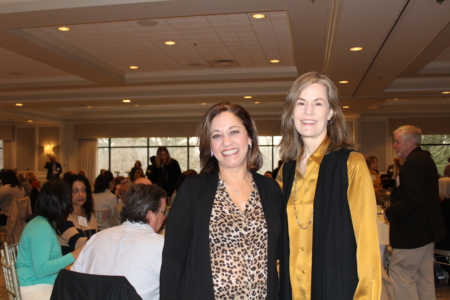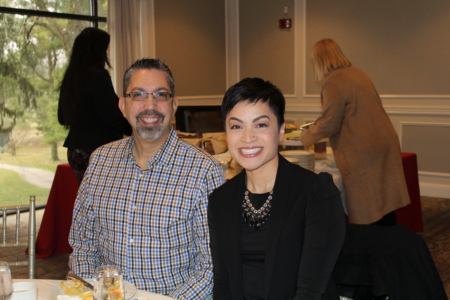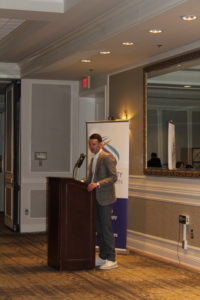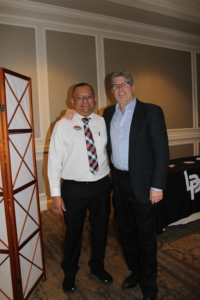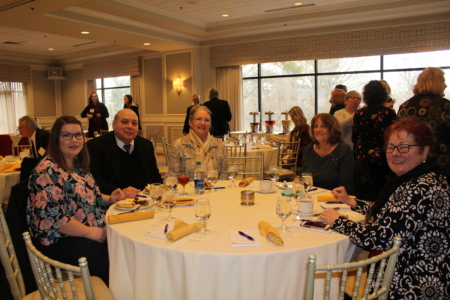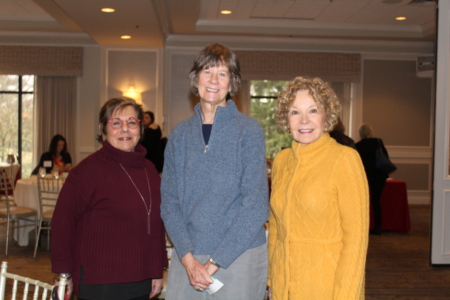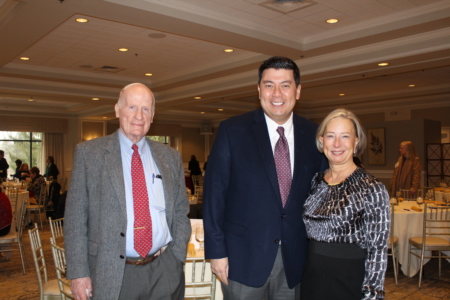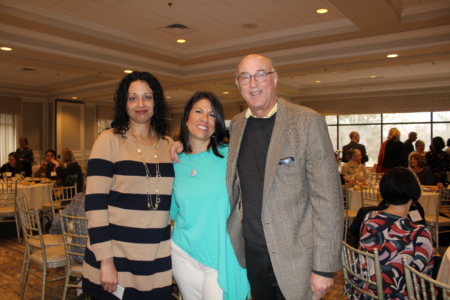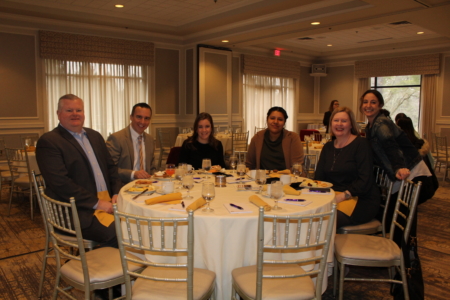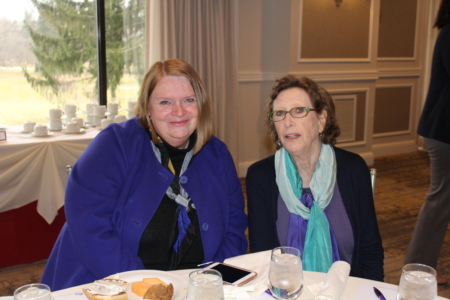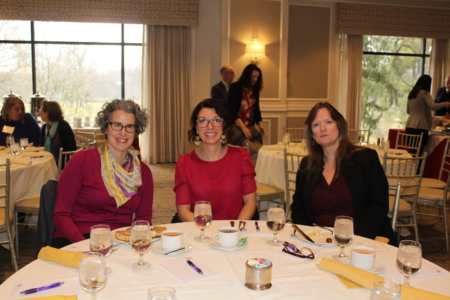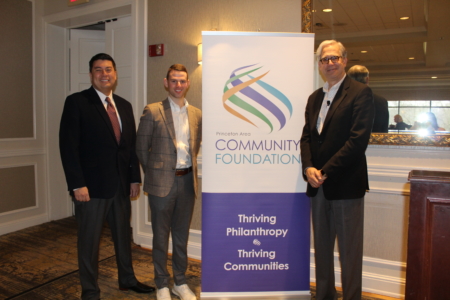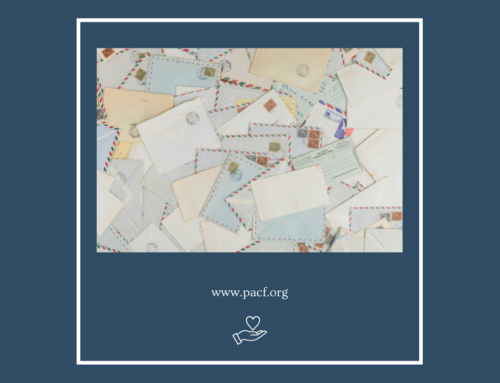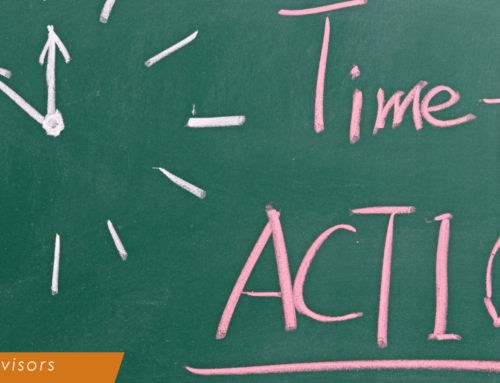Why do bad meetings happen to good causes?
The most common reasons, according to Andy Goodman, are a lack of notice and a lack of an agenda, the wrong people are attending the meeting, the meeting leader lacks proper control, there’s political pressure or someone has a hidden agenda.
Of those six factors, the agenda is the most important. That’s because a well-prepared agenda is like a strategic plan for the next hour of your life, Goodman said.
These were among the lessons we learned at our nonprofit seminar, Meetings for People Who Hate Meetings, featuring Andy Goodman of The Goodman Center.
We would like to thank everyone who attended the seminar, as well as our sponsor, Borden Perlman.
Here are some more helpful takeaways about conducting effective meetings and a photo gallery from the event:
- Make sure your meeting agenda has an objective
- Agendas should have a list of topics, designated leaders for each topic and information about how topics will be handled
- How to deal with difficult people in meetings: A (acknowledge), L (legitimize), D (defer), C (confront, privately)
- A good way to avoid problems with voting “yes” or “no” is to vote on gradients of agreement: endorse, agree with reservations, abstain, disagree but won’t block, and veto
- Rules for brainstorming: Go for quantity over quality at first. Then, narrow down your ideas.


